|
Have you ever been let down by the people whom you love and care about? Have you been lied to when you was always being honest to them? Have you ever felt an inner sadness or anger whereby you would go for a mile for someone but that person is not willing to do the same for you which disappoints you? Have you ever felt that you feel that you try your best and people are not grateful or don’t appreciate what you do or they just ignore you whether that be your family? friends? spouse? Your colleague betrayed you at work or your business is going down? These are among many scenarios that one gets sad and/or angry. The reality is that you are hurt and the natural feeling can have negative effects if you allow it to control you and can also affect those around you. The root cause of each scenario mentioned is expectations. You expect that your loved ones are willing to go a mile and help you just like you would do for them and when they don’t do it, you hold onto anger like hot coal but YOU are the one who is getting burned. You need to ask these questions....
If you doing it for the sake of Allah, you will find peace because your intention is for Allah, your good actions is for Allah and what you care about is the outcome from Allah. However... If you are doing it for the sake of mankind, you are setting yourself upon a painful journey! Life is temporary...why waste it?This life is temporary my brothers and sisters. Learn to accept this life for what it is and the nature of mankind whether family, friends, spouse and so forth. It is a place where some people you meet are a blessing and other people you meet are a lesson. This life was not created to be perfect nor to last. It is temporary. The more we increase our hopes in the people we love, the more we are allowing the arrows to target our hearts and the bottom line; it happened because you allowed it to affect you. It turned from shock to sadness, to tears to anger and it can reach to the stage where it can cause the heart to harden. Yes harden like a rock. Anger is linked with ‘fight or flight responses’ and is difficult to distinguish the actions that is done in self-defence and one that is done out of uncontrollable anger. The fault is not to feel angry but to allow it to control you and act in an unacceptable manner that can lead to acts of murder, fights and so forth. To distinguish these actions, this can be done by narrating an event that took place in Ali ibn Abu Talib may Allah be pleased with him’s life: He was fighting bravely in a war, when a non-muslim soldier attacked him. Ali was about to kill him, but the soldier retaliated and spat on him. Ali stepped back and let go of the soldier. The soldier asked: ‘You could have killed me, why did you stop?’ Ali replied ‘I have no personal animosity toward you. I was fighting you because of your disbelief in and rebellion against God. If I had killed you after you spat in my face, it would have been because of my personal anger and desire for revenge, which I do not wish to take.’ 'I didn't get the job I wanted'...'I didn't get good grades'....
'They said stuff about Islam'...At this day and age, our beloved religion of Islam and our beloved Prophet peace be upon him have been insulted in different manners. This causes some of us to lose our anger. We should never let our our emotions dictate our actions. For we can control ourselves but we can never be able to completely stop those who insult Islam unless Allah wills. Instead we should take other positive steps legislated by Islam and educate. I had an argument with my spouse....Misunderstandings strengthens the relationship and you know each other better. Follow this cycle below: ‘So how can I control my anger’ or ‘i don’t know how to act in this situation’....Controlling our anger is a sign of righteousness and prevents moments of regret. Allah subhanahu wa taala says in Quran:
“And march forth in the way (which leads to) forgiveness from your Lord, and for Paradise as wide as the heavens and the earth, prepared for the pious. Those who spend (in God’s Cause) in prosperity and in adversity, who repress anger, and who pardon the people; verily, God loves the good-doers.” (3:133-134) 1) Our best role model is Prophet peace be upon him who was able to control his anger in different situations. Anas may Allah have mercy upon him reported “I was walking with the Messenger of Allah salla allahu alayhi wa salam, and he was wearing a Najrani cloak with a rough collar. A Bedouin came and seized him roughly by the edge of his cloak, and I saw the marks left on his neck by the collar. Then the Bedouin ordered him to give him some of the wealth of Allah that he had. The Prophet salla allahu alayhi wa salam turned to him and smiled, then ordered that he should be given something.”(Fath al-Bari, 10/375) 2) When you are feeling angry or sad, make wudhu (ablution) and pray. Never underestimate the power of prayer. It transforms lives. 3) No matter how hard the situation is, forgive. Allah is the Most-Forgiving who put an emphasis to forgive each other as we are prone to mistakes. Do it for the sake of Allah. For the sake of your heart. For the sake of freeing yourself from worry. Freeing yourself from the jail of over-thinking the situation. To save yourself from destructing your own heart. Ibn ‘Abbas may Allah be pleased with him reported that a man sought permission to speak to 'Umar ibn al-Khattab may Allah be pleased with him, then he said: “O son of al-Khattab, you are not giving us much and you are not judging fairly between us.” ‘Umar may Allah be pleased with him was so angry that he was about to attack the man, but al-Hurr ibn Qays, who was one of those present, said: “O Amir al-Mu’mineen, Allah said to His Prophet salla allahu alayhi wa salam ‘Show forgiveness, enjoin what is good, and turn away from the foolish’ [al-A‘raaf 7:199]. This man is one of the foolish.” By Allah, ‘Umar could go no further after al-Hurr had recited this ayah to him, and he was a man who was careful to adhere to the Book of Allah.(Reported by al-Bukhari, al-Fath, 4/304). 4) Making dua Mu’adh bin Jabal narrated that one of two men cursed the other next to the Prophet salla allahu alayhi wa salam, until anger could be recognized in the face of one of them. So, the Prophet salla allahu alayhi wa salam said, “Verily, I know a statement, that if he were to say it, his anger would leave: ‘A’udhu billahi minash-shaitan ar-rajim’ (I seek refuge in Allah from Shaitan).” (Hadith No. 3452, Book of Supplication, Jami’ At-Tirmidhi, Vol. 6). 5) Keeping silent to prevent words said in anger The Messenger of Allah peace be upon him said: “If any of you becomes angry, let him keep silent.” (Reported by Imam Ahmad, al-Musnad, 1/329; see also Sahih al-Jaami‘, 693, 4027) 6) Change positions Abu Dharr may Allah be pleased with him narrated that the Messenger of Allah peace be upon him said: “If any of you becomes angry and he is standing, let him sit down, so his anger will go away; if it does not go away, let him lie down.” [Musnad Ahmad 5/152, Sahih al-Jaami no. 694] There is a story connected to this hadith: he was taking his camels to drink at a trough that he owned, when some other people came along and said (to one another), “Who can compete with Abu Dharr (in bringing animals to drink) and make his hair stand on end?” A man said, “I can,” so he brought his animals and competed with Abu Dharr, with the result that the trough was broken. (i.e., Abu Dharr was expecting help in watering his camels, but instead the man misbehaved and caused the trough to be broken). Abu Dharr was standing, so he sat down, then he laid down. Someone asked him, “O Abu Dharr, why did you sit down then lie down?” He said: “The Messenger of Allah salla allahu alayhi wa salam said: . . .” and quoted the hadeeth. 7) Remembering the reward for preventing anger and/or controlling anger. The Prophet salla allahu alayhi wa salam said the following: ‘Do not become angry and Paradise will be yours’ (Hadith Sahih [Sahih al-Jaam‘, 7374], [al-Fath 4/465]) “Whoever controls his anger at the time when he has the means to act upon it, Allah will fill his heart with contentment on the Day of Resurrection.”(Reported by al-Tabarani, 12/453, Sahih al-Jaami‘ 6518) “Whoever controls his anger at the time when he has the means to act upon it, Allah will call him before all of mankind on the Day of Resurrection, and will let him choose of the Hoor al-‘Ayn whoever he wants.”(Reported by Abu Dawud, 4777, and others. It is classified as hasan in Sahih al-Jaami‘, 6518). Hope you benefit from the points made from this month’s article. May Allah accept.
0 Comments
salam everyone! Good friday to you all. Don't forget to read Surah Al-Kahf :) Seeking knowledge is amongst my favourite hobbies. I thought i'd write something i'm passionate about: Islamic history. This article will be focusing on Islamic Art during the Abbasid dynasty. After succeeding the Umayyads, the greatest realm at the time in which Marwan II was the last Ummayad caliph (744-50), the Abbasid caliphate rose in 750 and transferred the Islamic political and cultural life from Syria to Baghdad; the capital of Iraq and the imperial metropolis of the Abbasid dominion. It was known as the City of Peace (Madinah al-salam). This change also transformed the Umayyads' Arab empire into a multinational Muslim empire. There were many advances that took place in science, literature, philosophy and art. The Abbasid dynasty ruled for three centuries (750-1258). Samarra was another city established by the Abbasids that is north of Baghdad. It is an abbreviation of ‘He who sees it rejoices’ and was the capital for nearly five decades (836-883). Today, Sammara is surrounded with many art and architecture from the Abbasids.
Islamic Art
Architecture
Masajids during the Abbasid ruleMasjids during the Abbasids was not only a place of worship but it was also the social and political centre of the Muslim community. Masjids normally have a rectangular structure. They were built with mud and baked brick and often were painted, carved with geometric designs. The hall was wider on the side of the qibla wall (direction facing Kaaba) and in its middle there is a mihrab (niche). On the right of the mihrab there was a minbar (pulpit) in which the Imam (prayer leader) gives the khutba (Friday sermon). The ulama (scholars) usually lead the prayer, this opposed to the Umayyad period in which the caliph himself often gave the khutbah. The manara (minaret) is the place in which prayer is called and there is limited evidence that suggests that the Abbasids used it for this purpose rather it was suggested that its monumental size was used to alert people that this was a masjid. The Fall of the Abbasid dynastyIn the middle of the 9th century, Abbasid rule began to decay and by 10th century, it was limited to Iraq. This led to other parts of the Muslim world (North Africa especially Egypt, Spain) that fosters development of styles of Islamic Art. Baghdad was captured by the Buyids (932–1062) and Seljuqs (1040–1194) in 945 and 1055, Abbasid caliphs retained little more than moral and spiritual influence as the heads of Orthodox Sunni Islam. The Abbasid realm witnessed a brief revival under caliphs al-Nasir (ruled 1180–1225) and al-Mustansir (ruled 1226–42), when Baghdad once again became the greatest centre for the arts in the Islamic world. The Mustansiriya Madrassah (1228–33) is the first college for the four canonical schools of Sunni law, was built. The remaining Abbasids escaped to Egypt and would only have nominal influence.
|
Archives
December 2018
OverviewThis is where I will post my articles. I will do an article each month in sha Allah |


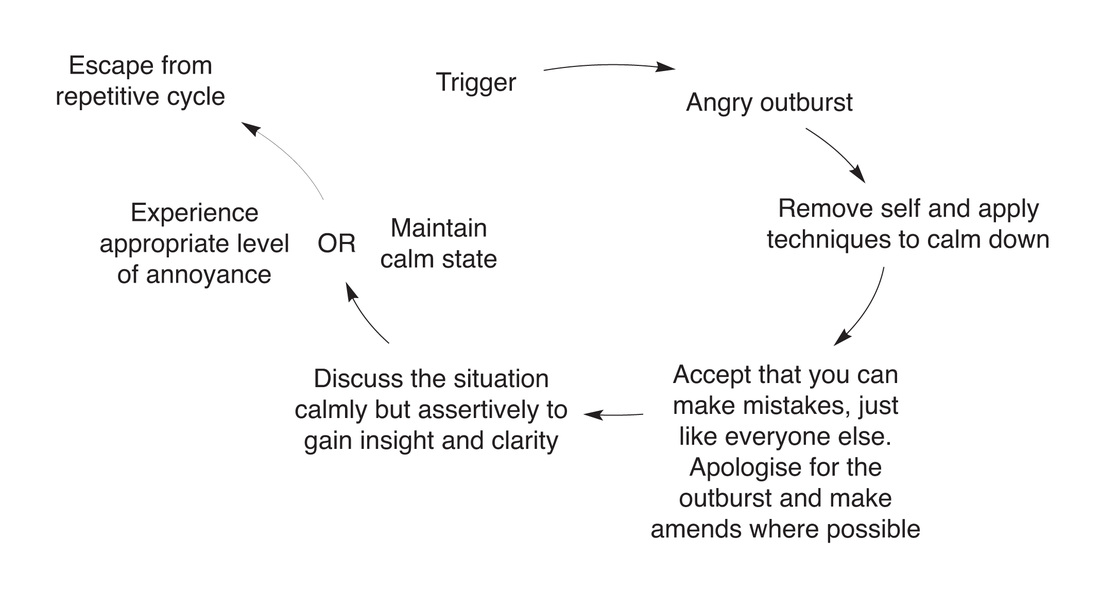

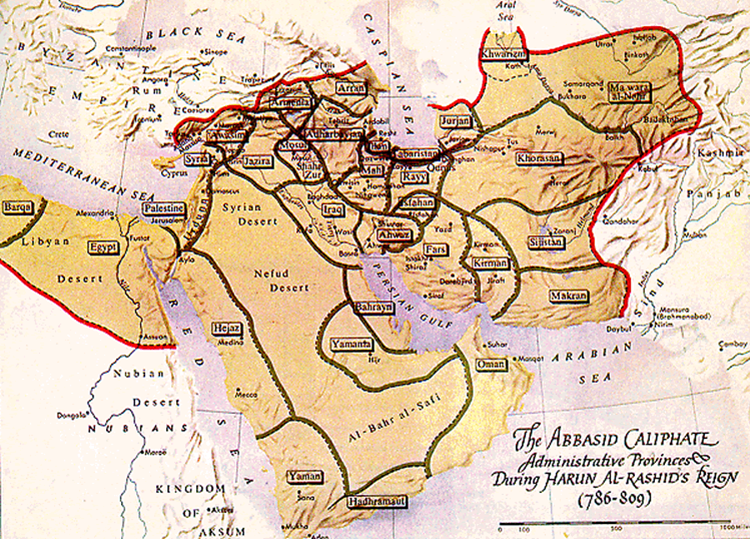
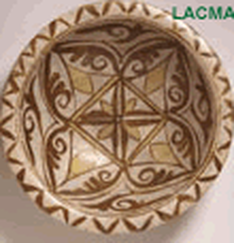
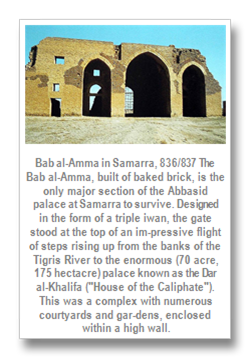
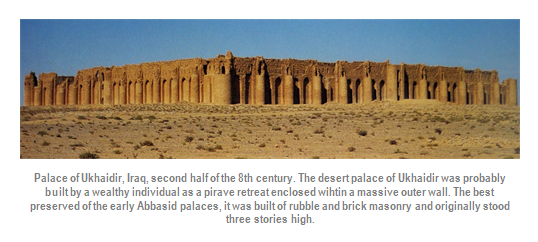
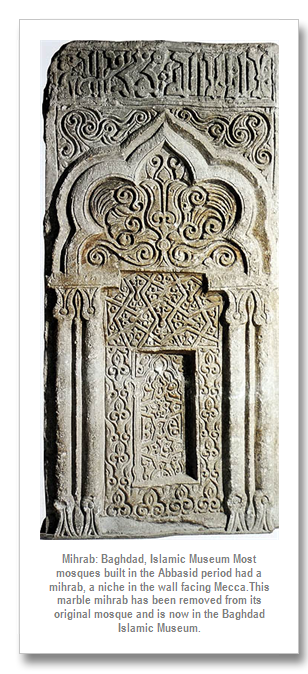
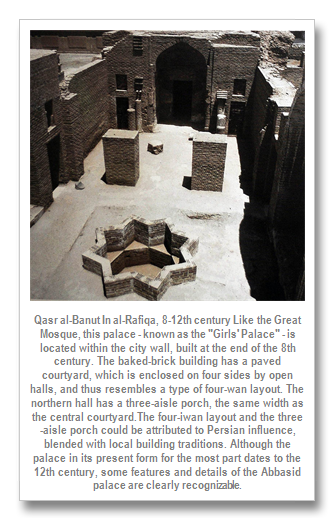
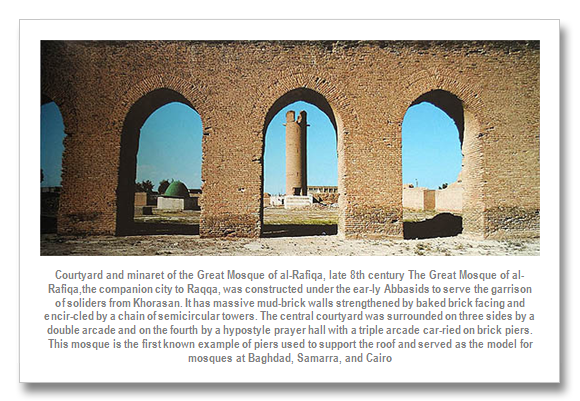
 RSS Feed
RSS Feed